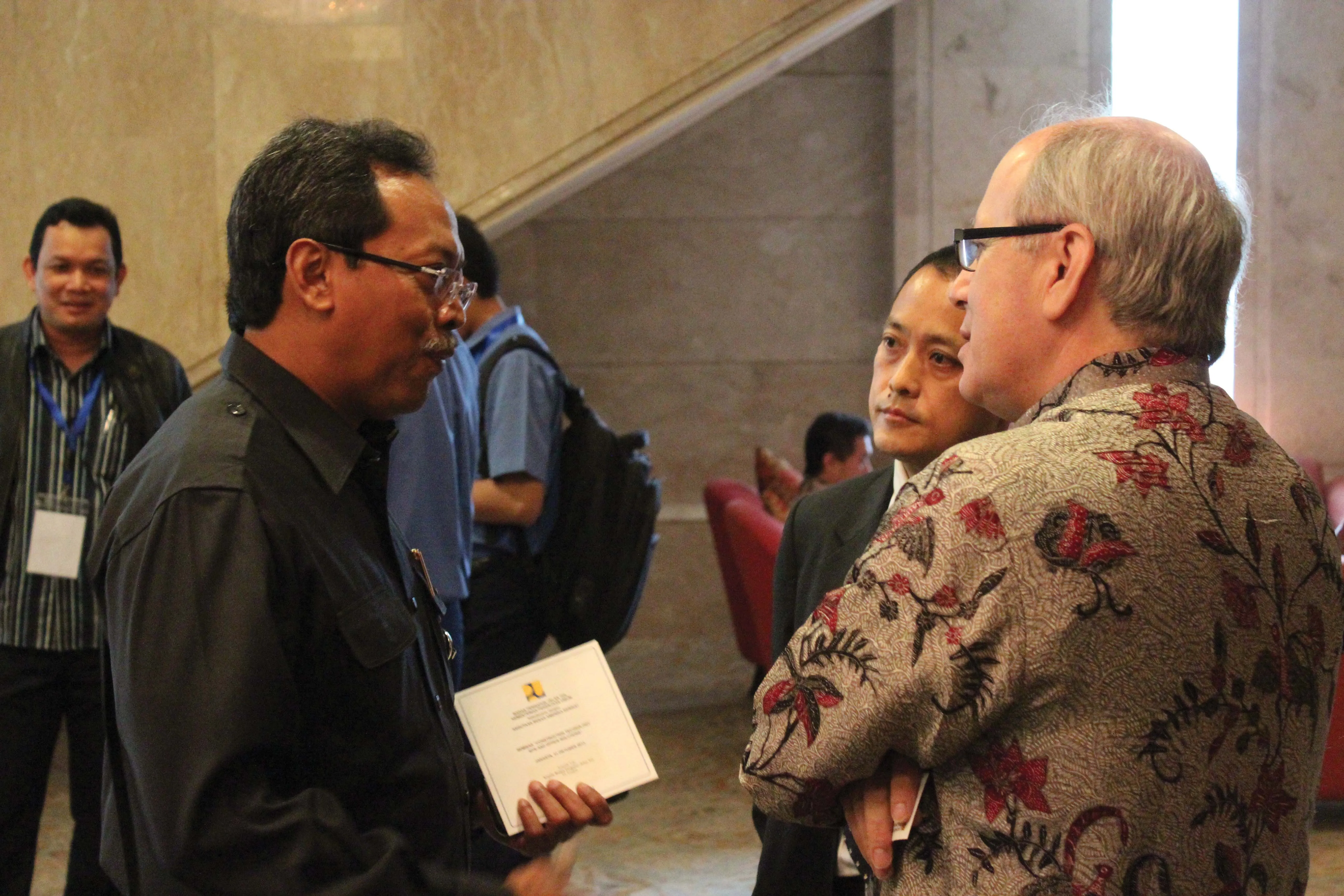Malta National Laboratory (MNL) has asked the UK’s TRL to help it establish a construction materials testing facility.
This will allow MNL to become an independent test house on the island, and it will then be able to undertake testing of road materials to the required international standards.
A team of TRL experts with extensive knowledge of civil engineering materials testing and pavement materials technology and design, as well as large-scale project management skills, will deliver the project in two p
May 14, 2012
Read time: 2 mins
This will allow MNL to become an independent test house on the island, and it will then be able to undertake testing of road materials to the required international standards.
A team of TRL experts with extensive knowledge of civil engineering materials testing and pavement materials technology and design, as well as large-scale project management skills, will deliver the project in two phases.
A full-scale review of existing equipment, buildings, test methods and the current Laboratory Management System, will be followed by the development of a detailed implementation plan, including the commissioning of equipment and relevant training, and implementation and auditing of new procedures.
TRL will also assist MNL in working towards staged accreditation to appropriate testing standards, with the goal of achieving accreditation for a number of routine tests within the first year of operation.









